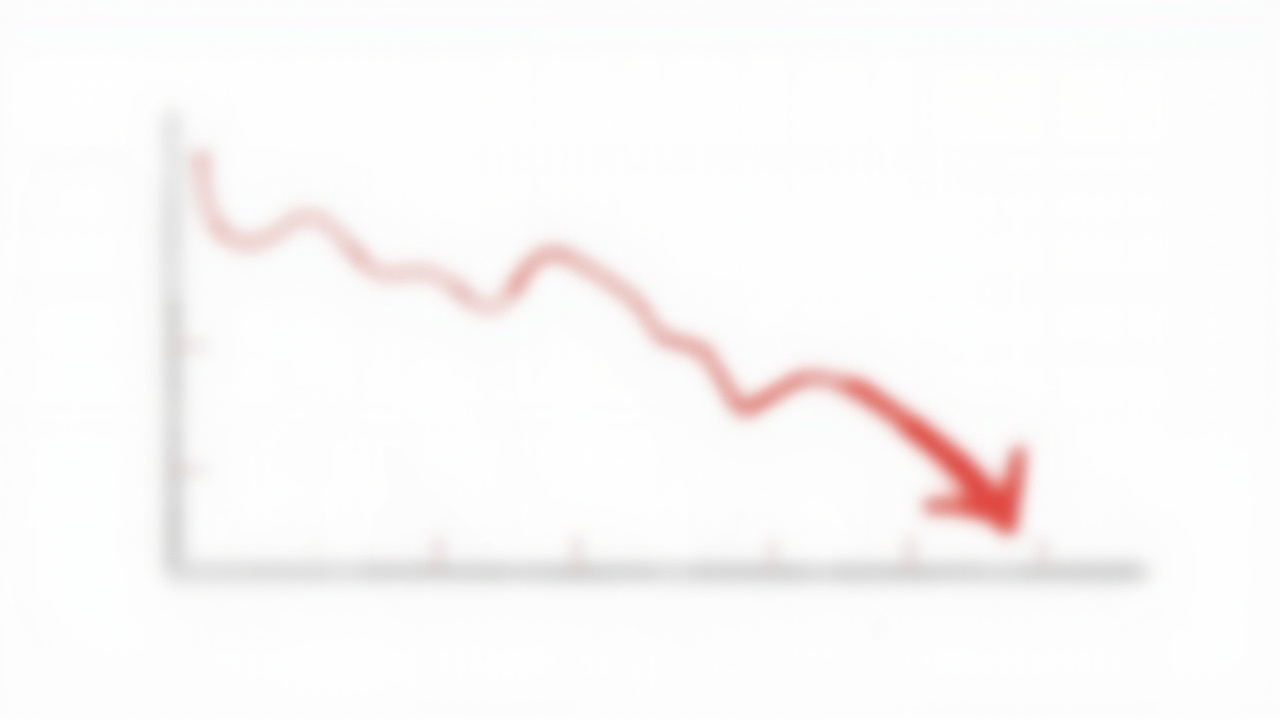China's Consumer Prices Slump: Stability and Trade Relations Implications

The recent report detailing a continued decline in China's consumer prices underscores a critical juncture for the world's second-largest economy. As the consumer price index (CPI) fell for the fourth consecutive month in May, registering a decline of 0.1% over the previous year, concerns about deflation are rising. Historically, sustained deflationary periods have significant ramifications for economic growth and can limit corporate profitability. This trend is particularly alarming for stakeholders who have a vested interest in China's evolving economic landscape.
China's current dilemma appears multifaceted; while certain sectors such as exports remain robust, domestic consumer demand has notably weakened. The sharp declining trend in the producer price index (PPI), which plunged by 3.3% in May, illustrates the strain manufacturers are under amidst a fierce price war, particularly within the automotive industry. Interestingly, this mirrors the behavior observed during the dot-com bubble, where increased competition fostered unsustainable practices that eventually led to market corrections. Today's situation raises the question: are policymakers inadvertently sowing the seeds of a longer-term deflationary cycle similar to that seen in Japan during the 1990s? The Chinese government’s acknowledgment of the need for targeted and forceful stimulus measures indicates an understanding of the potential risks.
While some financial analysts dismiss the impact of declining consumer prices, arguing that the core inflation figure, which remains positive at 0.6%, suggests overall economic health, this view may overlook critical nuances. For instance, the falling property prices and consumer sentiment, which directly correlate with spending habits and future consumption patterns, demand careful scrutiny. The retail sector, which is heavily influenced by consumer psychology, is profoundly susceptible to these shifts. Thus, the erosion of consumer confidence could raise serious questions about the sustainability of any expected growth in retail revenue. Furthermore, as global supply chains navigate this uncertain terrain, companies heavily reliant on the Chinese market must be vigilant, anticipating potential ripple effects on their operations. On the other hand, reduced consumer prices can create opportunities for consumers, leading to lower costs for goods and stimulating spending amid deteriorating confidence.
As we look ahead, the implications for U.S.-China trade relations remain critical. The recent tariff adjustments and ongoing negotiations signal a delicate balancing act; both nations seem to recognize the extraordinary interconnectedness of their economies. Yet, rising tensions illustrated by accusations of non-compliance threaten both trade progress and overall market stability. For investors, the key takeaway is to remain informed about shifting economic indicators and geopolitical developments. A robust grasp of China's internal dynamics will not only enhance risk mitigation strategies but will also unveil opportunities in sectors poised to benefit from stimulus measures. As the country gathers for high-level discussions at the forthcoming Lujiazui Forum, stakeholders from all corners will be eagerly awaiting decisive policy directions that could determine the course of China's economy in the near future.
Read These Next

Analysis of Trump's Proposed 'Revenge Tax' and Its Investor Implications
The article discusses the implications of President Trump's 'revenge tax' inclusion in his spending bill, which targets foreign companies with high taxes that affect U.S. interests. It highlights potential impacts on the investment climate and cross-border operations for multinational companies.

China's PPI Declines 3.3% in May 2023
China's PPI fell 3.3% YoY in May, signaling deflation and challenges for manufacturers due to lower crude oil prices.

Honda's China Vehicle Sales Drop 16.8% Year-on-Year in May
Honda's car sales in China fell 16.8% to 55,108 units in May 2025, prompting concerns over market strategy amid stiff competition.
